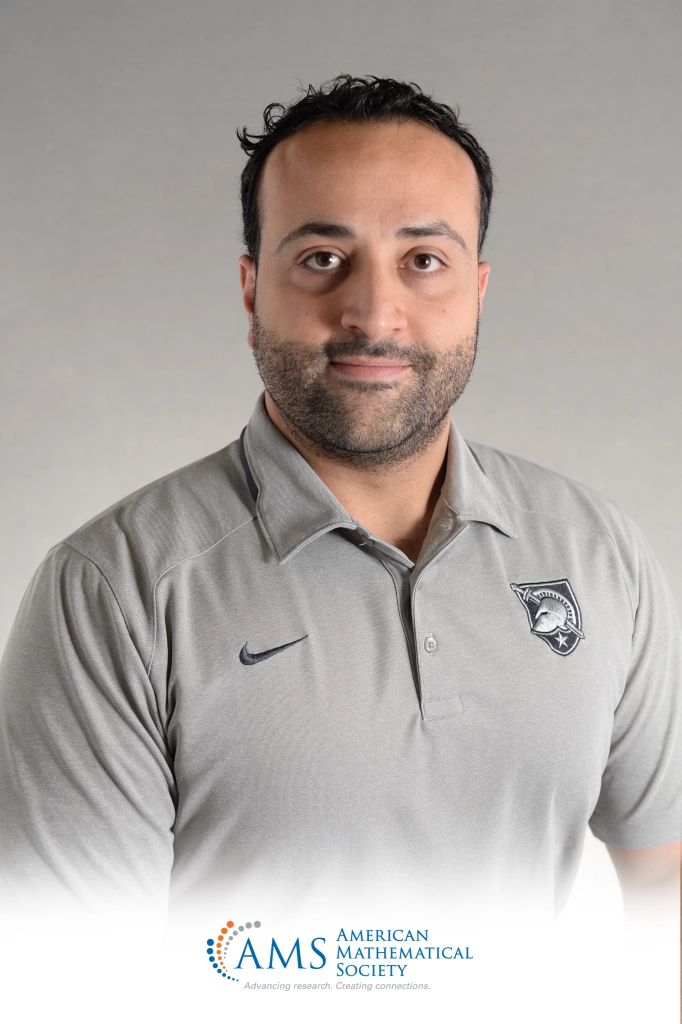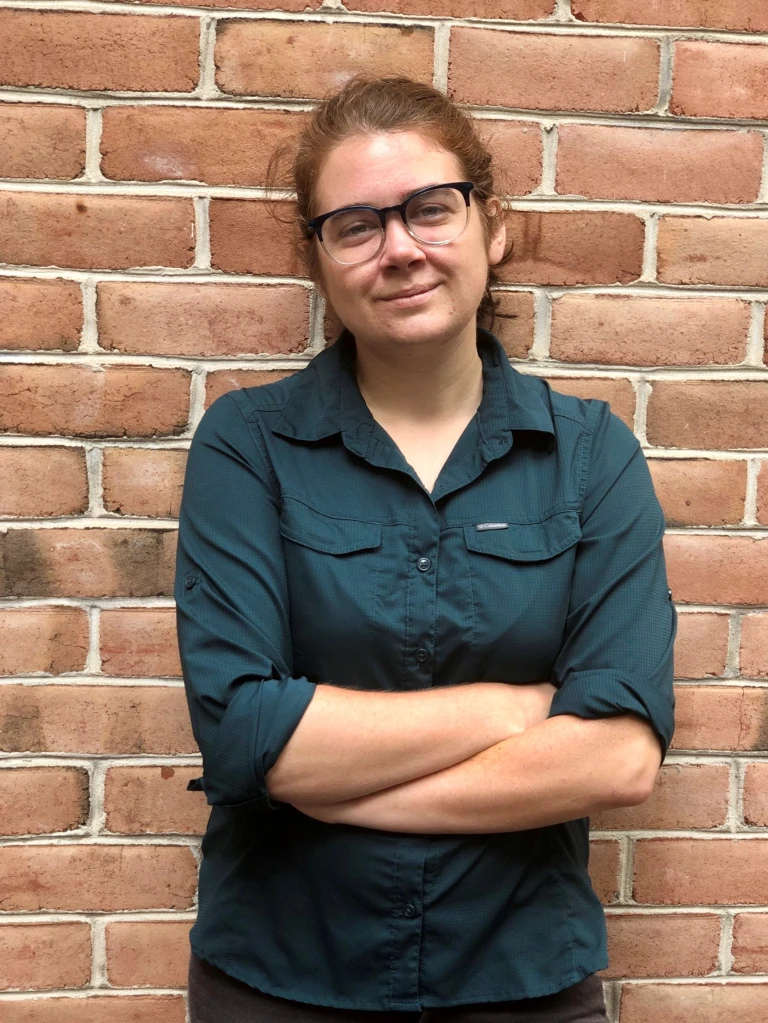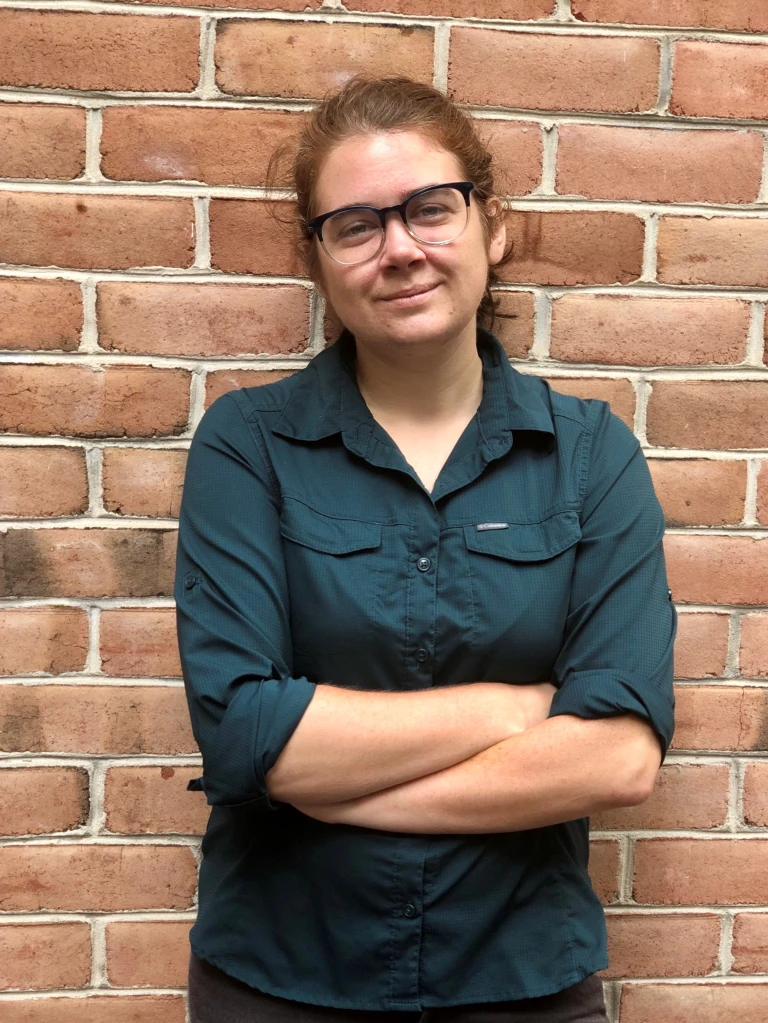The Program to Empower Partnerships with Industry and Government (PEPI-G) supports faculty members, research scientists, postdocs, and graduate and undergraduate students (rising juniors and seniors as of 2020) from the 16 states that comprise the South Big Data Regional Innovation Hub (South BD Hub).
2020 Fellows
 | Dr. Elie Alhajjar is a research scientist at the Army Cyber Institute (ACI) and an Assistant Professor in the Department of Mathematical Sciences at the United States Military Academy (USMA) in West Point, NY, where he teaches and mentors cadets from all academic disciplines. His research interests include mathematical modeling, machine learning and network analysis. He has presented his research work in international meetings in North America, Europe, and Asia. Before coming to West Point, Dr. Elie Alhajjar had a research appointment at the National Institute of Standards and Technology (NIST) in Gaithersburg, MD. He holds a Master of Science and a PhD in mathematics from George Mason University, as well as master’s and bachelor’s degrees from Notre Dame University. |
 | Jasper Johnson is a doctoral candidate at the University of Minnesota. With an undergraduate degree in political science and Master’s in Geographic Information Science, his doctoral research revolves around machine learning. His academic studies involve convolutional neural network model attention interpretability for remote sensing, deployment on large datasets, and neuromorphic model development. Jasper notes that “It has been exciting and interesting to be in such a fast-moving field. Some of my favorite parts of the PEPI-G program so far have been the critical evaluation of proposed machine learning models, and envisioning policy/strategy related to machine learning. It’s been rewarding to deal with the real-world, applied side of machine learning.” |
 | Lindsay Rand is a doctoral student at the University of Maryland School of Public Policy. Rand has a BA in physics and an MS in nuclear physics. Her previous work includes research experience at the Laboratory for Atmospheric and Space Physics and the Carderock Naval Research Center. Rand’s current research is focused on nuclear and quantum technology governance; she began improving her policy skill base because she believes that policies related to science and technology must be rooted in a working technical knowledge. With the PEPI-G fellowship, Rand is interested in applying her technical and policy backgrounds to real world challenges related to quantum technology innovation. |
 | James Stevenson is an undergraduate student at Northern Kentucky University and is currently pursuing his degree in Information Technology with his focus being Cybersecurity. He’s a technologist at heart and enjoys everything related to cyberinfrastructure, social cybersecurity, the internet of things, and data manipulation. His goals for his senior year of college are to gain professional experience in his career field and to develop his technical skills. This fellowship provided by the Big South Data Hub will allow him to reach these goals. |
Testimonials
 -Lindsay Rand | My experience has been really interesting and very formative. I've enjoyed being able to transfer the skills I've gained in coursework to real world problems. It's also been extremely educational to work closely with government employees, as it has allowed me to better understand the various requirements, priorities, and resources that they have and that shape the work that they do. Specifically, in my time as a fellow, I was able to work closely with the lead quantum computing specialist at the DHS Science and Technology Directorate. I helped survey different quantum computing technologies in an effort to create a metric for their applicability to different problem types. I also worked with my advisor to come up with a potential policy plan for the DHS on quantum computing. These projects will contribute to the newly-established quantum computing initiative headed by the Science and Technology Directorate. Through performing these tasks I have become much more aware of the networks between different federal agencies and sub groups within the DHS. I also learned about all of the different risks and benefits that government agencies must consider when investigating the potential application of new technologies. On top of the experience, everyone that I worked with was supportive of my work and extremely knowledgeable. I would definitely work with the Science and Technology Directorate at the DHS again.
|
 -Jasper Johnson | How has this fellowship positively impacted your professional development? It has been great to be exposed to the areas of interest to DHS with respect to ML/AI. Getting to know the different needs of the wide-ranging missions for DHS has been great for my professional development. This information can’t really be gleaned from just reading or keeping up with academic developments- it’s absorbed through talking with a wide range of folks with different careers. It has also hammered home the obligations that the government has when deploying algorithms versus industry- the obligation for fairness and transparency is paramount. What projects did you work on with DHS? Why? I worked advising on ML, including contributing to the strategic plans for integrating AI/ML into DHS, as well as working on some relevant research projects in model explainability and adversarial patches. DHS is currently developing strategies for integrating and planning for AI/ML, so I was able to participate in these discussions. I also was able to pursue some research in my area of expertise that was relevant for DHS. This included developing some new approaches in model interpretability to better understand what a model is "paying attention to" when making a prediction, and evaluating factors that impact a model's susceptibility to adversarial patches (being intentionally tricked by something like a printed sticker, poster, ect). Would you re-engage with DHS? Absolutely! There are so many opportunities to contribute to the different focuses of DHS, and the mission/requirements are so different from a lot of industry jobs. So I’d absolutely re-engage; there seems to be a lot of demand in the ML/AI space for DHS.
|
2020 Partner
 The Department of Homeland Security – Advanced Research Projects Agency (DHS-ARPA) DA-E lab infrastructure consists of industry-standard servers and network gear, custom appliances built on the premise, and commercial and private cloud capabilities.
The Department of Homeland Security – Advanced Research Projects Agency (DHS-ARPA) DA-E lab infrastructure consists of industry-standard servers and network gear, custom appliances built on the premise, and commercial and private cloud capabilities.
DHS’ identified Priority Areas:
- Human Trafficking – Examining social media to aid in the fight against human trafficking focusing on Non-Text Data, Automating Search and Scalability
- Real-time Analytics for Multi-party, Metro-scale Networks (RAMMMNets) – Data associated with the Internet-of-Things presents challenges to the analytic environments that inform human decision making.
- Other Topics – Faculty fellows may propose other research topics for consideration.
